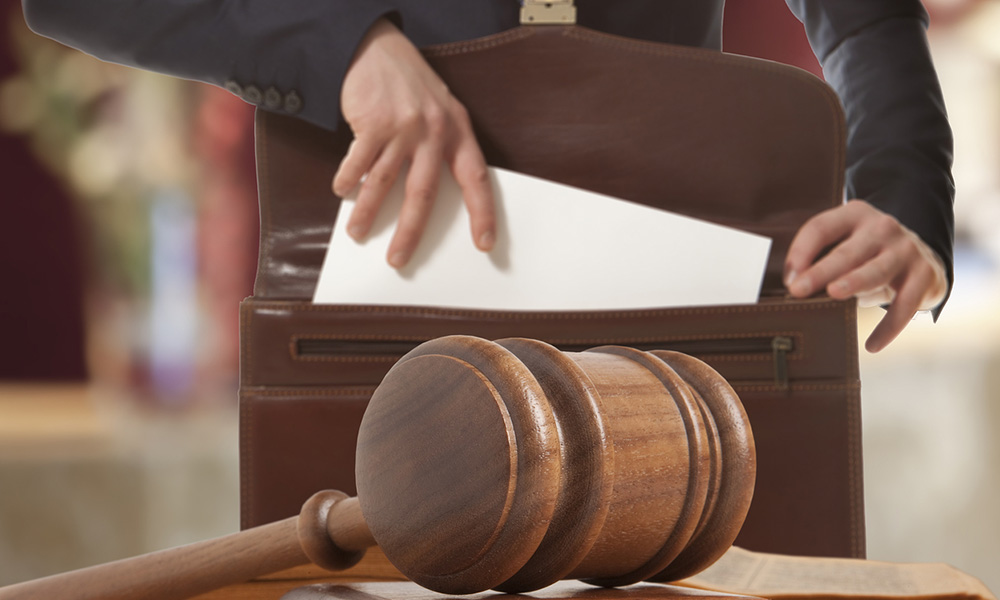New York Vehicle & Traffic Code
New York traffic laws are codified in the New York Vehicle & Traffic (VAT) Code. This single text contains regulations concerning vehicular travel on all public roadways in New York and specifies what actions are considered infractions (the lowest level of offense), misdemeanors (for more serious but still relatively minor offenses ) and felonies (the most serious level of offense).
Section 1212: Reckless Driving
According to Section 1212 of New York’s VAT, any person who operates a vehicle other than a human powered vehicle in a way that interferes with the free and proper highway use, or in a way that places other highway users in an unreasonable danger, is guilty of this misdemeanor offense.
How Drivers are Accused
There are generally two different ways which a person could be cited for reckless driving in New York – on the testimony of a police officer in the performance of his or her duties, or on the statements of eyewitnesses following a collision. In the case of the former, the police officer will usually pull the driver over and issue the citation before any accident or collision has occurred. In the case of the latter, the police are usually called after an accident has occurred to investigate the matter and collect eyewitness statements.
No matter who makes the accusations, a police officer or an eye witness, being accused of reckless driving can have serious implications for the New York driver. The driver, depending on the facts and circumstances of a case, may have his or her license suspended (temporarily sanctioned) or revoked (permanently sanctioned) because of a reckless driving charge.
Heavy Consequences
If found guilty of reckless driving in New York, not only can a license be suspended or revoked, but a person’s car can be impounded by the state.
For many families, a vehicle lies at the center of their livelihood. Many depend on their cars to get to work, school, and appointments around town. Without a car to depend on, families would be required to rely on often unreliable public transportation, or to bother friends and family for rides and help getting errands done. As one might imagine, this is not an ideal way to live life for many current New York drivers.
Responding to Reckless Driving Charges
After being accused of reckless driving, either by a police officer or an eyewitness from an accident scene, a person may have the natural temptation to argue their innocence right there on the side of the road, but this is by far the worst response a person could have. For starters, police officers and eyewitnesses don’t decide guilt, they just report what they see. Anyone accused of a crime, even a misdemeanor reckless driving offense, is considered innocent until proven guilty by a court. Therefore, arguing one’s side of a story to people who can’t even weigh the facts, but who can only report them, is practically pointless in the grand legal scheme of things.
Along with being nearly pointless, it is also risky, because the accused then bear the risk that what they have said won’t be misunderstood or otherwise used against them.











Comments are closed.